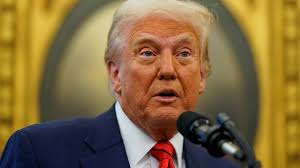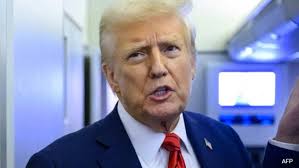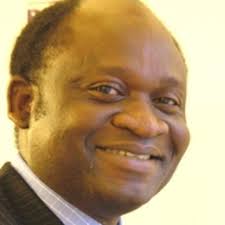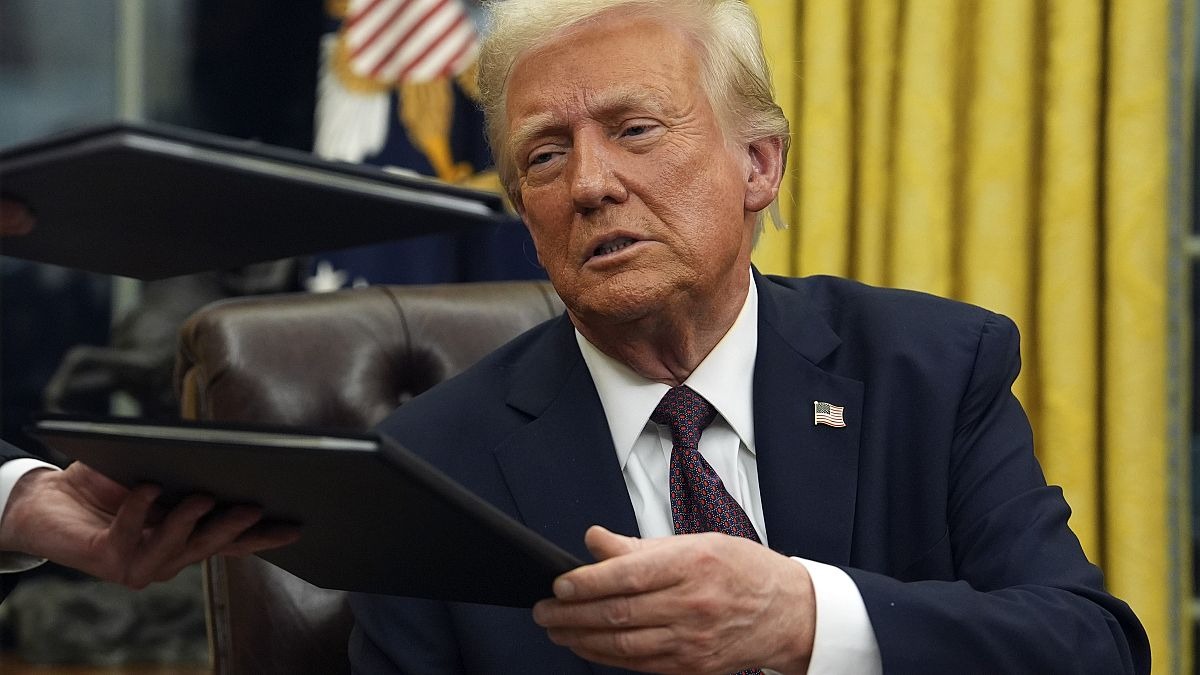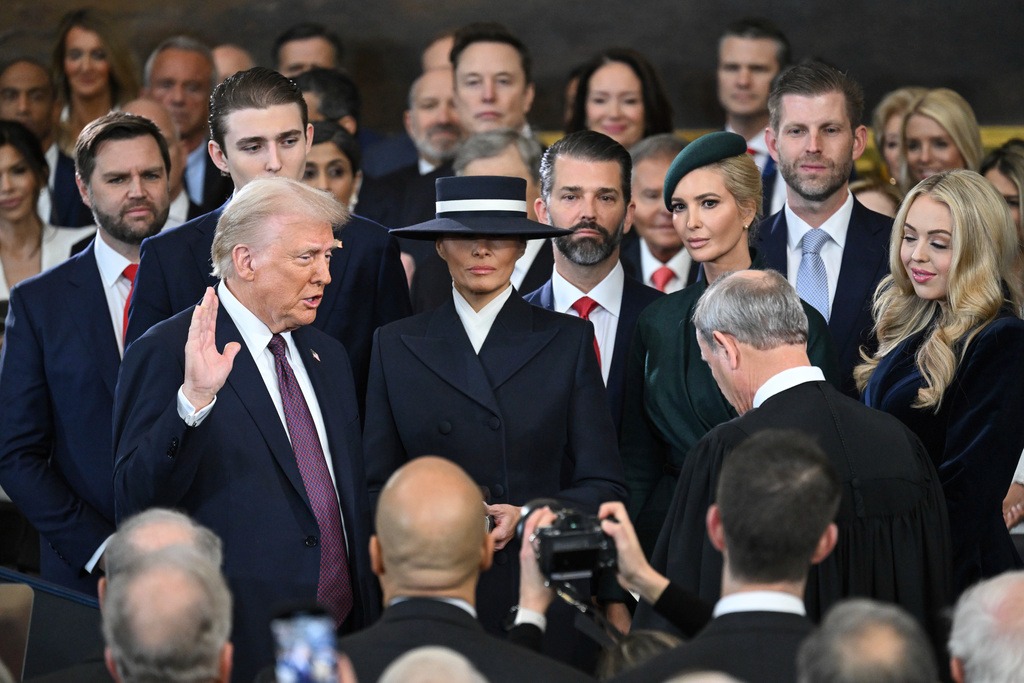A federal judge on Wednesday blocked Donald Trump’s attempt to restrict birthright citizenship in the United States, US in a blow to the president’s bid to end a right enshrined in the Constitution for more than a century. The ruling indefinitely bans enforcement of one of Trump’s most controversial executive orders, which was due to …
